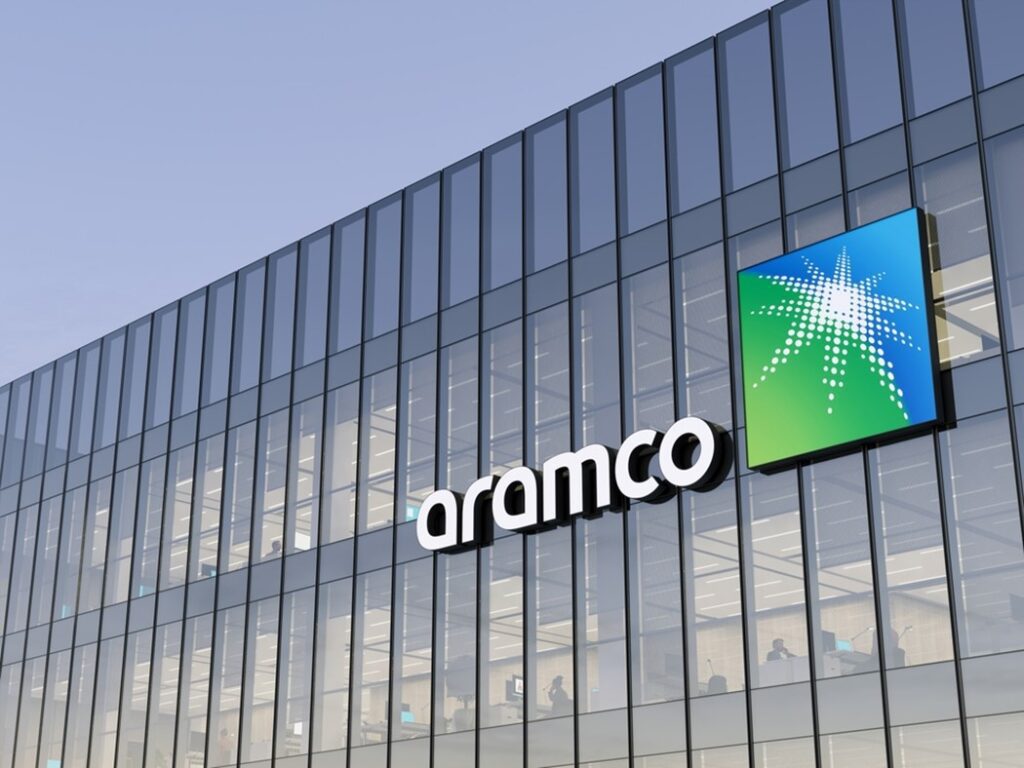Saudi Arabia has achieved a significant milestone by delivering the first shipment of independently-certified low-carbon ammonia to Japan, which will be used as fuel in power generation. This achievement is the result of collaboration across the low-carbon ammonia value chain, with Sabic Agri-Nutrients producing the ammonia and Saudi Aramco providing the feedstock, which was then sold to the Fuji Oil Company by Aramco Trading Company.
This shipment marks a crucial step in the establishment of a global supply network for low-carbon ammonia by Aramco and Sabic AN. Mitsui OSK Lines handled the shipping to Japan, while the low-carbon ammonia was transported to the Sodegaura Refinery for use in co-fired power generation, with technical support from Japan Oil Engineering Co, according to TradeArabia.
The ammonia is categorised as low-carbon because CO2 from the manufacturing process was captured and used in downstream applications. Japan’s Ministry of Economy, Trade, and Industry has plans to increasingly use ammonia as a fuel for power generation and ship propulsion as part of the country’s 2050 decarbonisation goals.
Olivier Thorel, Aramco Senior Vice President of Chemicals, said: “This is another milestone that highlights the possibilities for low-carbon hydrogen and ammonia made from Aramco feedstock, with the potential to play a role in a lower-carbon future.
“Not only is low-carbon ammonia a means to transport lower-carbon hydrogen, it is an important energy source in its own right that can help decarbonise key sectors – including power generation for both utilities and industries. By dispatching this accredited low-carbon ammonia to Japan, we are helping chart a course for the development of this vital commodity.”
Abdulrahman Shamsaddin, Sabic AN CEO, said: “Our aim is to capitalise on this important milestone to grow and expand our positive contribution toward carbon neutrality. Sabic Agri-Nutrients made a public commitment not only to become carbon neutral by 2050 but also to collaborate with customers to help them achieve their net-zero emission targets.
“Customers in the energy, fertiliser and chemical sectors are looking for suppliers of lower-carbon hydrogen and ammonia. And we can meet their demand by leveraging our long-standing strengths across the value chain.”
Shigeto Yamamoto, FOC Representative Director, President, said: “As Japan aims to achieve carbon neutrality by 2050, low-carbon ammonia is expected to be a next-generation fuel that can contribute to the reduction of CO2 emissions.
“In order to reduce CO2 emissions from our own operations, we have been working on co-firing ammonia, which is a by-product of the petroleum refining process, in the boiler at our Sodegaura Refinery, and we plan to burn low-carbon ammonia imported this time with the cooperation of our partners in the same boiler. We will continue these efforts to contribute to the construction of the ammonia supply chain.”
Mohammed Al-Mulhim, Saudi Aramco Trading Company CEO, said: “This landmark achievement is an example of excellent collaboration across businesses within Aramco, Sabic, Aramco Trading and our Japanese partners, and indeed a major boost for our sustainability efforts.”
Toshiaki Tanaka, MOL Representative Director, Executive Vice President Executive Officer, said: “Ammonia is expected to be in great demand as a next-generation, clean energy source. Japan aims to achieve a carbon-neutral society by 2050, and we are very pleased to transport independently-certified low-carbon ammonia from Saudi Arabia to Japan”.
“We are aiming for a track record of safe, reliable services across multiple transportation modes, in accordance with our customers’ needs. By combining accumulated knowledge and proactively participating in a broad range of value chains, we hope to contribute to the decarbonisation of society.”
Saudi Aramco and Sabic have been actively promoting the use of low-carbon ammonia as an alternative energy solution. In 2020, they jointly dispatched the first shipment of low-carbon ammonia to Japan in a demonstration project. The two companies received the world’s first independent accreditation for low-carbon hydrogen and ammonia products in 2022, and by the end of that year, they delivered the world’s first accredited low-carbon ammonia shipment to South Korea. With the latest shipment to Japan, the adoption of this lower-carbon energy solution is one step closer to becoming mainstream.


